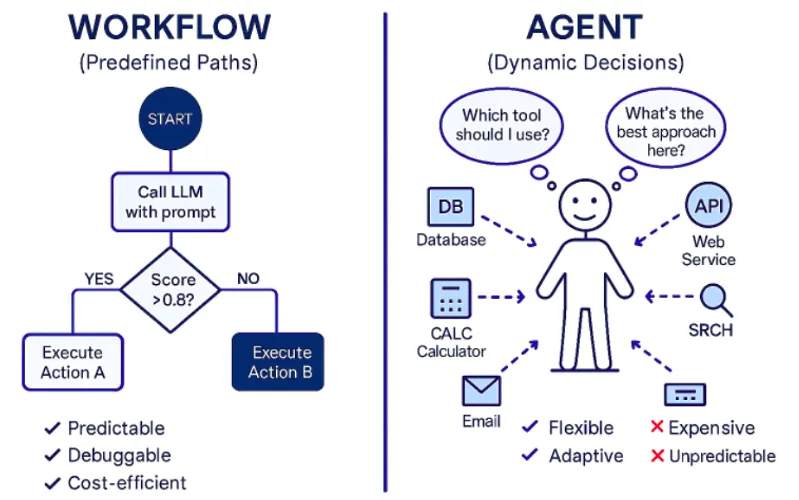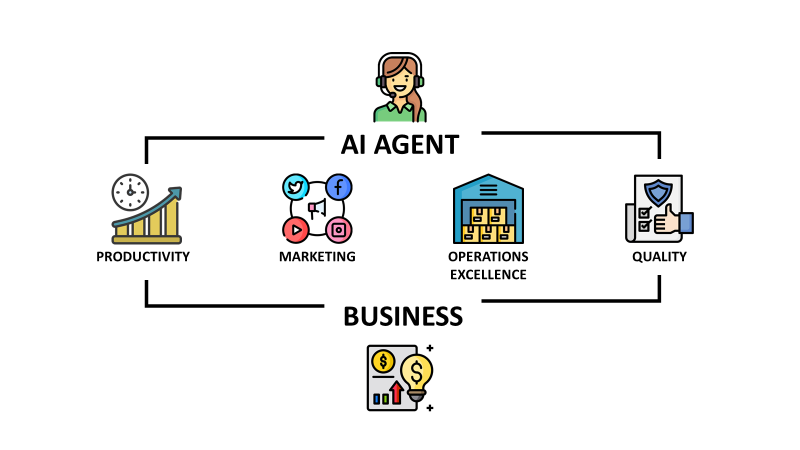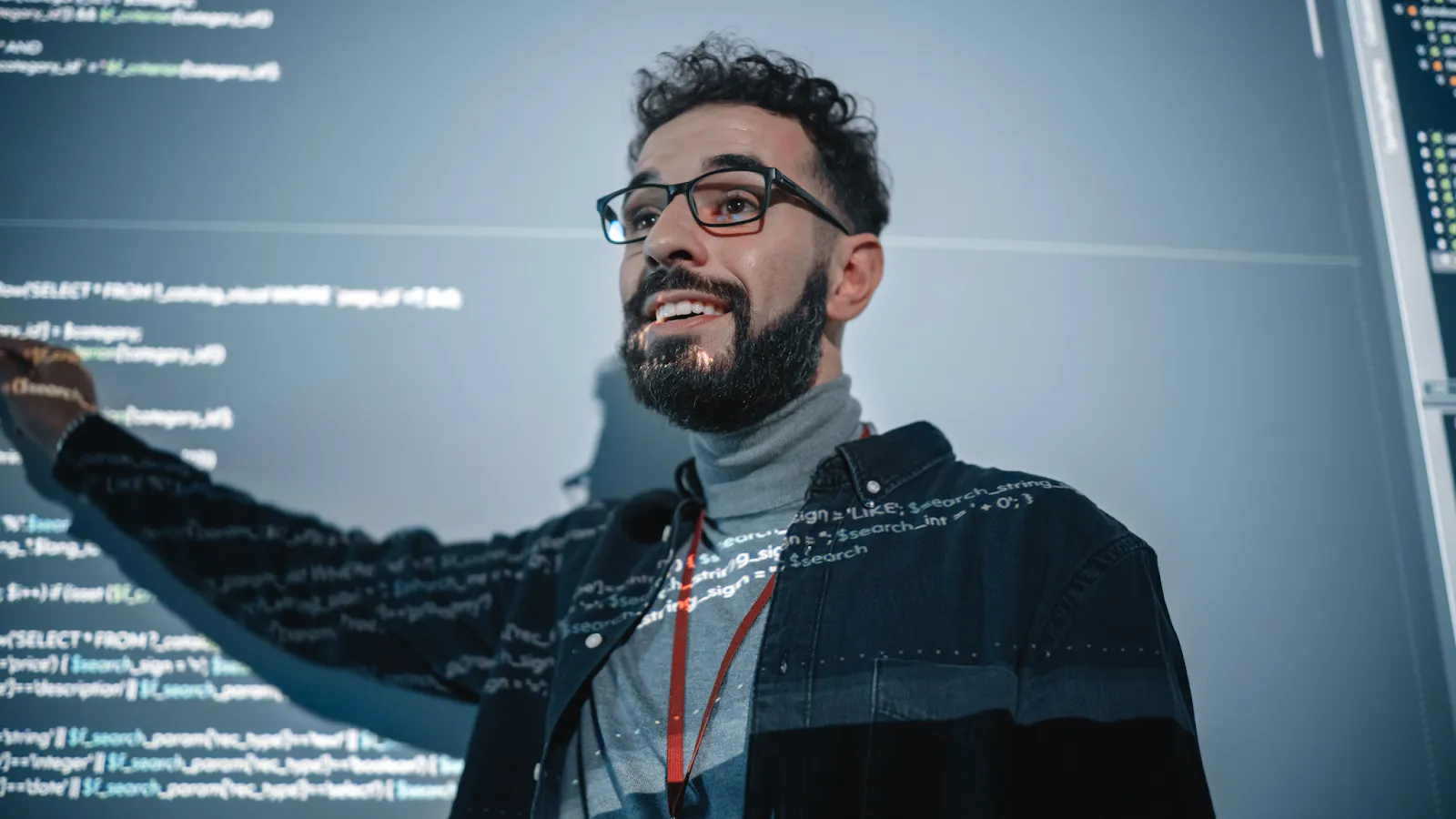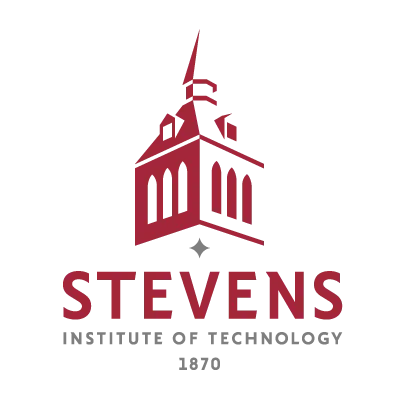Stevens Online Blog: Insights, Inspiration and Information
Stevens Online education blogs are excellent resources for current and prospective students and professionals looking to stay up-to-date on the latest industry developments supported by our programs.
Through our blog, you can access in-depth articles, interviews and other resources that provide valuable insights into the skills and knowledge needed to succeed in today's rapidly-changing business, technology and engineering landscapes. Whether you are considering enrolling in one of our programs, want to explore a new career path or deepen your knowledge in your current field, the Stevens online blog is an excellent source of information and inspiration for you to take advantage of.
Categories:

The artificial intelligence landscape is undergoing a fundamental transition. We are moving from stateless, prompt-based interactions to stateful, autonomous agentic systems. This evolution represents a departure from viewing Large Language Models as solitary oracles to treating them as cognitive engines within broader, engineered systems.

To operationalize the agentic shift, developers and architects are coalescing around specific design patterns. These patterns solve the fundamental problems of coordination, error handling, and task decomposition that plague traditional AI implementations.

The shift to agentic AI is not just technical. It is economic. The cost model of software is changing from fixed infrastructure to variable intelligence, and engineering leaders must understand the hidden economics that can make or break an AI deployment.

Alkis Vazacopoulos had already launched a successful business analytics and optimization career when he caught the teaching bug. In a recent interview, he explained that he was “inspired by a desire to share my real-world experiences with students and contribute to developing the next generation of analytics professionals… As someone who had implemented optimization solutions in companies across various sectors, I could help students understand not just the mathematical concepts, but their practical applications and limitations in real business settings.”

Artificial intelligence has made its presence felt across countless industries and professions, with engineering management close to the epicenter. Companies leverage data to make important decisions about resources, risk, and recruiting; AI has made that process more powerful and more fraught with potential complications for engineering managers.

Demand for engineering managers grows across healthcare, technology, construction, manufacturing and other industries. If you plan to pursue an engineering management career, an advanced degree – such as a master’s in engineering management – can provide a pathway to reaching your goals.

Many people pursue careers in data science after reading articles proclaiming that salaries in the field are sky high and that the job market is red hot. Both assertions are true, but what provocative headlines fail to mention is that there’s nothing easy about becoming a data scientist. Successful data scientists are well paid and courted by employers because they have a unique set of interdisciplinary skills related to programming, complex mathematics, statistics and problem-solving. But acquiring those skills is no small feat.

If you’re thinking about returning to school, you’ve probably given some thought to the cost of a master’s degree. Don’t be put off by the sticker price; with financial planning and budgeting, you can significantly reduce your outlay. Continue reading to discover resources, strategies, and tools for financing your StevensOnline MSCS.

“One of the good things about this region is that there’s a good number of companies in software development, like Bell Labs, Verizon and others as well. These companies are associated with universities like Stevens and Columbia.

C-Suite Executives: Once, all roads led to Rome. These days, it seems they all lead to careers in data science. The big data deluge of the twenty-first century has created opportunities for strategic data analysis in every digitized field - which, in this digital era, means practically every profession.

